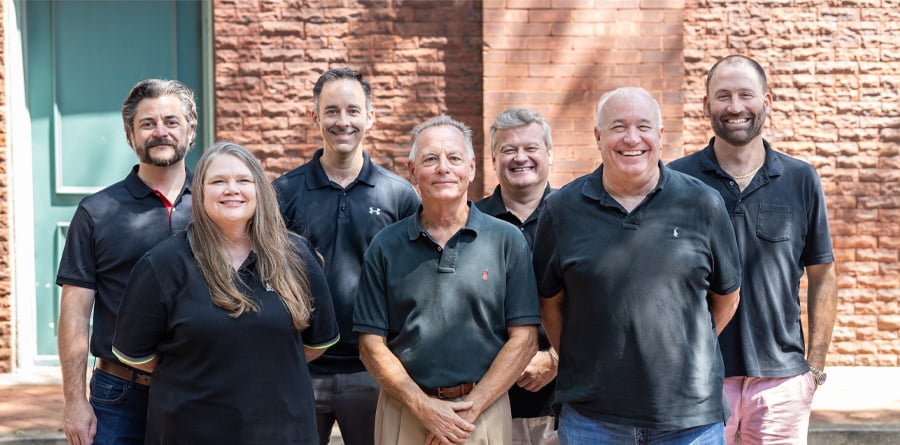When individuals living in Kentucky deal with the criminal justice system, they may mistakenly expect that their right to due process will protect them from being convicted of a crime. Unfortunately, this is not always the case. Poor police work, corrupt legal systems and badly handled evidence can result in an unjust conviction of an innocent person. One area of particular concern in recent years has been the use of so-called jailhouse informants, individuals who meet a suspect in jail or prison and then claim that the suspect confessed to a crime.
The use of these informants has long been criticized by criminal justice reform advocates because jailhouse informants may often have a powerful motive to fabricate their testimony. In some cases, jailhouse informants may be recruited by law enforcement agencies and be promised benefits for their testimony. These benefits might include shortened sentences, being moved to a less restrictive corrections facility or dropped charges. The Innocence Project, a public advocacy group that has used DNA evidence to exonerate many prisoners, notes that one in five of their exonerations involved jailhouse informant testimony.
Some states are now taking action to ensure the more transparent use of jailhouse informants. Connecticut and Illinois, for example, have laws that increase accountability and can mandate pretrial hearings that allow judges and defense counsel to better understand the context of jailhouse informant testimony.
Someone who has been charged with a crime may benefit from speaking with an experienced criminal defense attorney. Legal counsel could review the client’s case, including existing evidence, and make recommendations for establishing a defense against the charges. In particular, the lawyer may be able to challenge the testimony of jailhouse informants.



